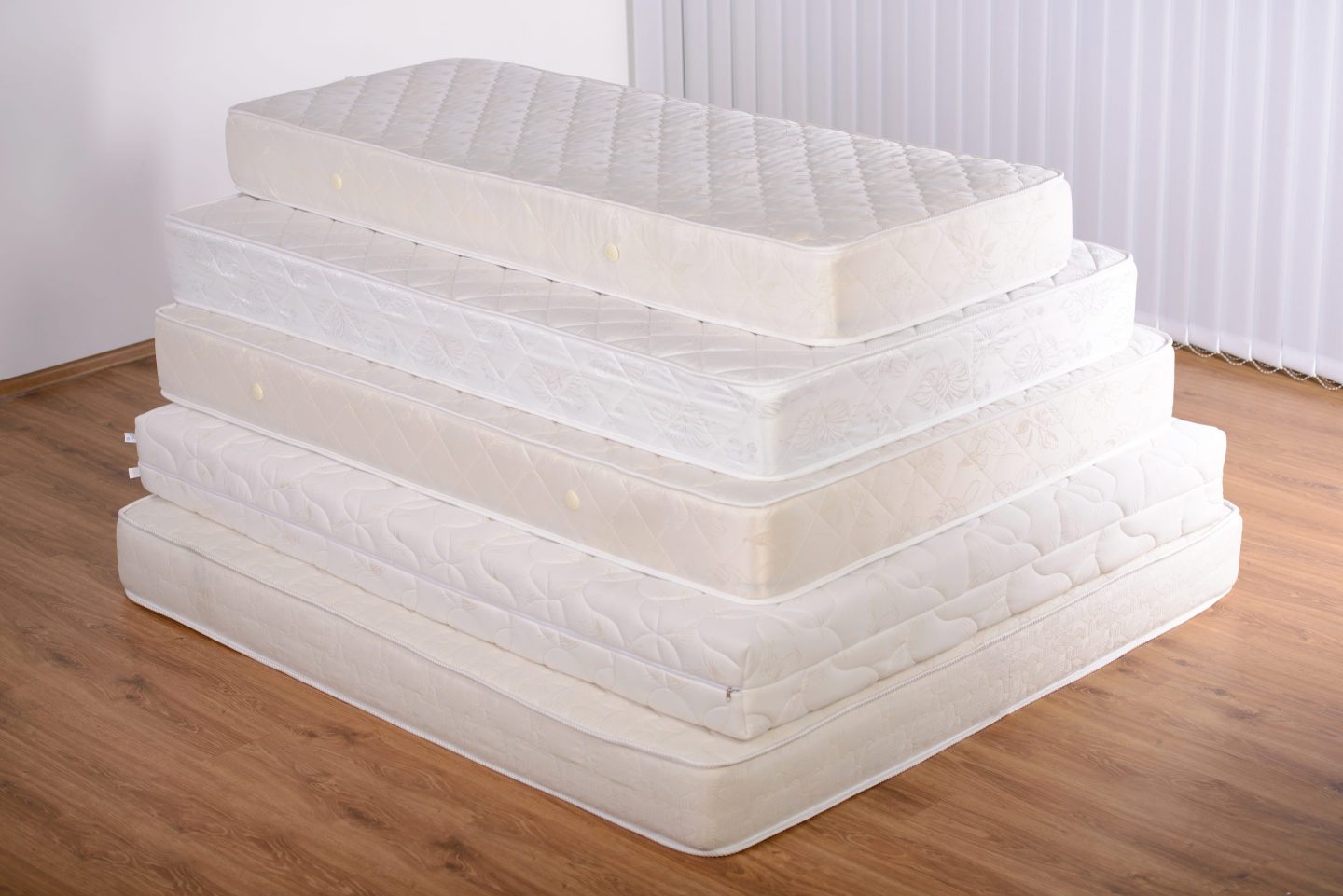It’s finally here — Nima, the highly anticipated portable gluten sensor, is now available for purchase in the United States.
The San Francisco-based startup behind the device has raised $14 million in venture capital to develop sensor technology that scans food for gluten in minutes. Here’s how it works: users place a tiny sample of food into a one-time-use capsule, insert the capsule into the device, and press the power button. In three minutes, Nima displays a test result – a wheat symbol if gluten is detected or a smile emoticon if it’s safe to eat.
But this innovative device comes with a hefty price tag. For $279, customers can purchase the Nima starter kit, which includes the sensor, three one-time-use test capsules, a charging cable, and a carrying pouch. Since the capsules can only be used once, customers would need a refill every few weeks or months depending on use. The capsules come in packs of 12 for $72.95 a piece or at a discounted prices through a monthly subscription ($60).
Related: Hungryroot Raises $7.7 Million to Make Sinful Food Healthier
Users can also download an app that syncs test results and identifies restaurants in the area popular with gluten-free customers. Not surprisingly, this data is a treasure-trove for Nima’s development team.
“From our early app data, we are finding that about 30 percent of foods labeled gluten-free are testing positive for gluten with Nima,” said Shireen Yates, CEO and co-founder of Nima. “This data highlights the struggle millions of gluten-free diners face today.”
Today marks a big milestone for the four-year-old company. Depending on how successful the gluten-free device is, the company is likely to be a hit with consumers. More than 15 million Americans suffer from food allergies, and the company is already developing sensors that would identify peanut, milk, and tree nuts.
“These food allergies never existed when I went to high school,” Yates told Coins2Day in 2016. “We’re seeing an increase in the prevalence of people with food allergies.”











